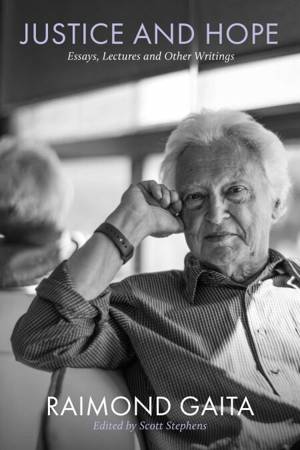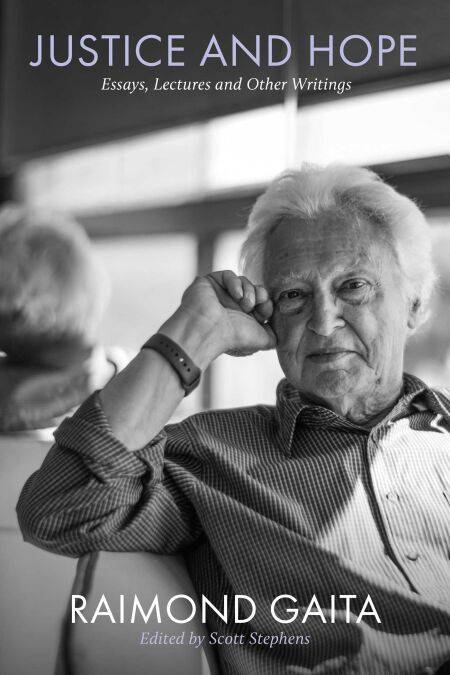
- Afhalen na 1 uur in een winkel met voorraad
- Gratis thuislevering in België vanaf € 30
- Ruim aanbod met 7 miljoen producten
- Afhalen na 1 uur in een winkel met voorraad
- Gratis thuislevering in België vanaf € 30
- Ruim aanbod met 7 miljoen producten
Zoeken
€ 24,22
+ 24 punten
Omschrijving
'From where will we draw the moral energy to stay true to justice?' For more than three decades the incomparable voice of Raimond Gaita has been summoning us to new conversations that deepen our understanding of what matters most to human life and awaken the sense of our common humanity. For Gaita, we are never more fully alive than when we are fully present to one another in conversation. In a time when modes of communication tend to superficiality and self-promotion, when political debates are increasingly inured to lies and even violence, and the moral demands of dialogue give way to a torrent of competing monologues, Gaita's invitation to rediscover what genuine conversation requires of us could not be more timely. These collected writings at once invite us into that conversation and enact its severe demands. Gaita asks us to confront the distinctive evil of genocide, to examine the true cost of the 'War on Terror', to interrogate what justice requires in response to Australia's dispossession of its First Peoples, to understand our need for truth in politics, especially during war, to see what is at stake in the decline of the universities, to grasp what was lost during the Black Summer bushfires, and to reckon with the experience of the COVID-19 pandemic-when we learned, he writes, 'how much we needed to touch and hold other people'. Gaita's astonishing range of concerns is held together by the consistency and unrelenting tenderness of his moral vision. To see the world through Gaita's eyes is to discover, once again, what it means to love the world and to remain faithful to it. He tells us that an unconditional love of the world is the deepest form of hope and the truest source of our energies to honour the demands of justice. This is how we learn to be human.
Specificaties
Betrokkenen
- Auteur(s):
- Uitgeverij:
Inhoud
- Aantal bladzijden:
- 600
- Taal:
- Engels
Eigenschappen
- Productcode (EAN):
- 9780522880212
- Verschijningsdatum:
- 20/11/2023
- Uitvoering:
- E-book
- Beveiligd met:
- Adobe DRM
- Formaat:
- ePub

Alleen bij Standaard Boekhandel
+ 24 punten op je klantenkaart van Standaard Boekhandel
Beoordelingen
We publiceren alleen reviews die voldoen aan de voorwaarden voor reviews. Bekijk onze voorwaarden voor reviews.











